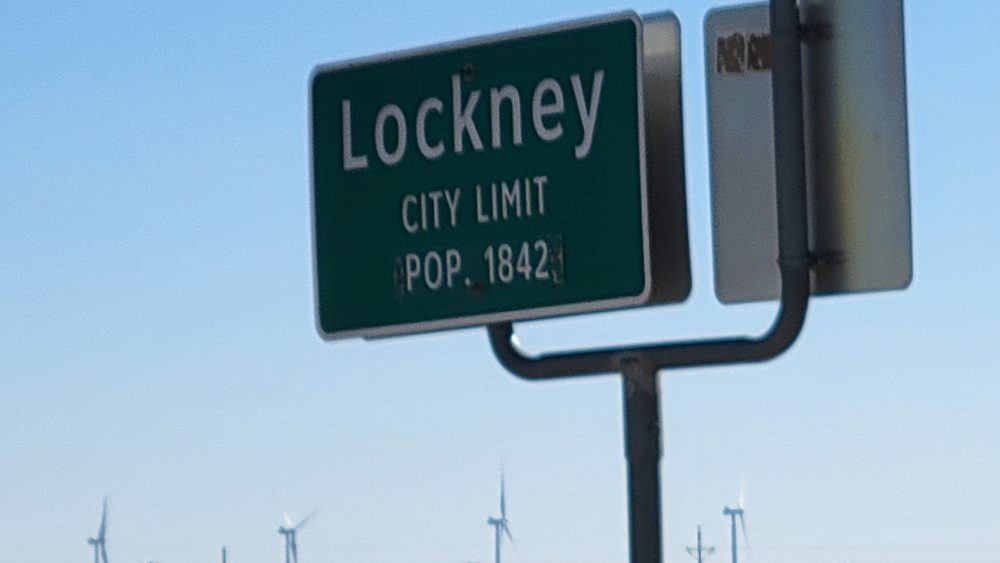
Last week we began to examine how the God who works through covenants is also the God who works through promises and how He has sown a promise throughout time. This promise came in the form of a promised seed and was first spoken to Eve regarding one of her descendants would ultimately crush the serpent’s head. Last week we covered this utterance of the promise, and this week we will continue to examine the other proclamations of this promised seed.
As we move forward from Eve, we find the next utterance regarding the seed promise being spoken to Abraham. Genesis 12:1-3 records God’s original declaration to Abraham (Abram at the time), stating at the end of the third verse, “And in you, all the families of the earth shall be blessed.” This is fundamentally based on the fact that Abraham’s descendants currently reside in him. Biologically speaking, all the generations moving forward would carry the DNA of the generations that preceded them. This was reassured to Abraham by the Angel of the Lord in Genesis 22:18, “In your seed, all the nations of the earth shall be blessed….” While some translations use the word ‘descendants’ here, pluralizing the singular ‘seed,’ this is in error, as Paul notes in his discourse on the subject in Galatians 3:16, “Now to Abraham and his Seed were the promises made. He does not say, ‘And to seeds,’ as of many, but as of one, ‘And to your Seed, who is Christ.” Paul is quite clear in making the point that the promise of global blessing was only to be applied to a singular descendent of Abraham. Paul further removes all doubt by naming that specific descendant…Christ.
Truly this great promise of blessing for all peoples could have only been accomplished by Jesus the Christ. For in Him, anyone can gain the blessing of salvation. In Paul’s discourse in Galatians chapter three, he points out many aspects of the blessing found in Christ. Verse thirteen informs the reader that Jesus redeemed us from the curse of the law (the Mosaic Law contained in the covenant with Israel). Verse fourteen declares that the promise of the Spirit could be received through Christ. Verse eighteen and twenty-nine enlightens the reader that becoming a true heir of the inheritance rests in the promised Seed. This inheritance is not the land of Canaan, but rather the eternal rest with God in Heaven (Hebrews 3:7-4:11; 1 Peter 1:3-5). And in verse twenty-six, Paul affirms the adoption into God’s family that can only be gained through the promised Seed…through Christ. Great is the multifaceted blessing fulfilled in the promised Seed of Abraham, in Jesus the Christ.
The final stop on this exploration of the Seed promise made by God takes us to David. In both 1 Chronicles 17:1-15 and 2 Samuel 7:1-17 one can find the declaration that God delivered through Nathan the prophet. Both sections of the scriptures relate the same dialogue so we will reference the one in Chronicles. As you read verses 11-14, which focus on the Seed promise, note what of this Seed would be ‘forever.’ This Seed would be established in God’s house and kingdom forever and sit on His throne forever. Note also that God states the nature of the relationship that He would have with this Seed, God would be His father, and He would be God’s Son. None of these qualities are met by Solomon or any of David’s other children. Their thrones are vacant, and their kingdom is no more. But, one descendant of David meets this ‘forever clause,’ and that is Jesus the Christ whose throne and kingdom are eternal and whose father truly is God.
The fact that Jesus satisfies both of these Seed promises is well supported throughout the scriptures, and space would not allow for listing them out in their entirety, so please allow these two to serve as clear support of Jesus being the promised Seed to both Abraham and David.
The book of the genealogy of Jesus Christ, the Son of David, the Son of Abraham: (Matthew 1:1)
And behold, you will conceive in your womb and bring forth a Son, and shall call His name Jesus. He will be great, and will be called the Son of the Highest; and the Lord God will give Him the throne of His father David. And He will reign over the house of Jacob forever, and of His kingdom there will be no end. (Luke 1:31-33)
Matthew opens his gospel account even before listing the genealogy of Jesus by pronouncing Him as the son of both Abraham and David. Neither Abraham nor David was His father, but He fulfilled the Seed promise made to both of them. Likewise, the proclamation made by the angel to Mary regarding her future conception recording in Luke lays full claim to all that has been presented in this article. Jesus would be the Son of the Highest (God), sit on His father David’s throne, and reign forever, and His kingdom would have no end. Is this not what was spoken of the Seed promised to David?
Truly God is faithful in keeping His promises to the utmost, although they may not occur in the way one might envision or in the time that one might expect. Neither Abraham nor David fully understood the promise; in fact, David assumed it applied to his next-born son that lived, Solomon. But God was looking far into the future to a little town called Bethlehem where a young lady who had never been with a man would bring forth a child, a descendent of both Abraham and David, and she would call His name Jesus and He would establish a spiritual kingdom that would outlast even creation.
(Carl Hartman is the Minister at Main Street Church of Christ in Lockney)




